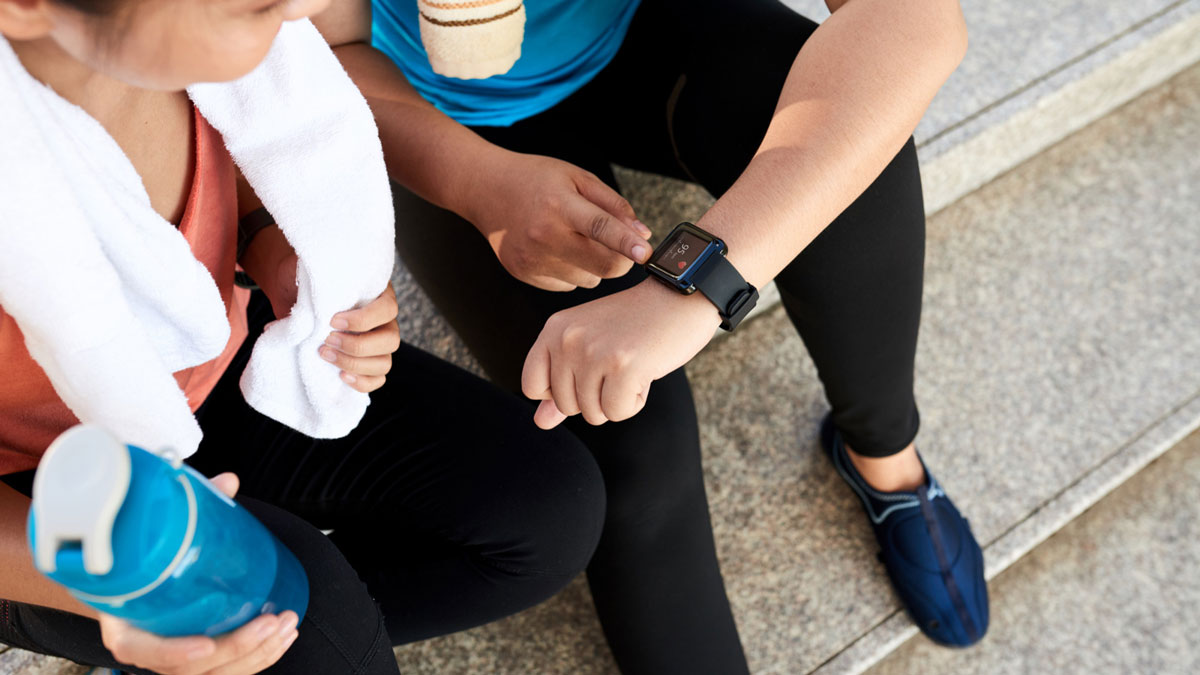The rise of wearable health trackers—devices like Fitbit, Apple Watch, and Garmin—has revolutionized how we monitor our physical health. These devices promise to help us lead healthier lives by tracking metrics such as steps, heart rate, sleep, and even stress levels. While their potential is undeniable, an important question arises: Are these wearables truly enhancing our well-being, or are they inadvertently creating new challenges?
The Promise of Health Trackers
Health trackers offer unprecedented access to personal health data. By providing real-time feedback, they empower users to make informed decisions about their daily habits and overall wellness.
1. Encouraging Physical Activity
Many wearables use gamification techniques, such as step goals and activity streaks, to motivate users. These features can lead to a significant increase in daily physical activity, contributing to better cardiovascular health, weight management, and overall fitness.
2. Monitoring Vital Signs
Devices equipped with heart rate monitors, oxygen sensors, and sleep trackers provide insights into critical health metrics. This data can help users recognize potential health issues early, such as irregular heart rhythms or poor sleep quality, prompting them to seek medical advice.
3. Promoting Accountability
For those struggling to maintain a consistent fitness routine, wearables act as a personal coach. Notifications, reminders, and progress reports encourage adherence to fitness goals, fostering accountability.
The Potential Pitfalls
Despite their benefits, wearable health trackers aren’t without drawbacks. Their influence on mental health and overall well-being deserves closer scrutiny.
1. Over-Reliance on Metrics
For some users, the obsession with hitting specific targets—steps, calories burned, or sleep hours—can overshadow the joy of the activities themselves. This metric-driven mindset may lead to stress, anxiety, or even burnout.
2. Data Accuracy Issues
While wearables are improving in accuracy, they are not medical-grade devices. Inaccurate readings can mislead users, causing unnecessary worry or, conversely, a false sense of security about their health.
3. Privacy Concerns
Health trackers collect vast amounts of sensitive data, raising concerns about data security and privacy. Users must consider how their information is stored and shared, as breaches could compromise personal details.
4. Disrupting Natural Rhythms
Some wearables encourage users to check their stats constantly, leading to an unhealthy fixation on numbers. This constant monitoring can detract from living in the moment, disrupting the natural rhythm of life.
The Psychological Impact
One of the most significant criticisms of health trackers lies in their impact on mental health.
1. The Pressure to Perform
For some users, failing to meet daily goals can result in feelings of guilt or inadequacy. Over time, this pressure can undermine self-esteem and lead to unhealthy behaviors, such as overexercising.
2. Sleep Anxiety
Sleep trackers, while helpful, can sometimes backfire. Users who focus too much on achieving “perfect” sleep metrics may develop sleep anxiety, worsening the very issue they’re trying to resolve.
3. Social Comparison
Many wearables include features that allow users to share progress with friends or participate in group challenges. While this can be motivating, it may also lead to unhealthy comparisons and competition.
Striking a Balance
Health trackers are tools, not solutions. Their value depends largely on how they are used. To maximize benefits while minimizing potential downsides, consider the following:
1. Focus on Trends, Not Daily Numbers
Rather than obsessing over daily stats, look for long-term trends in your data. This approach helps you understand your overall health trajectory without getting bogged down by minor fluctuations.
2. Use Wearables as Guides, Not Dictators
Remember that wearables are there to assist, not dictate. Listen to your body’s cues and prioritize how you feel over what the tracker says.
3. Set Realistic Goals
Avoid setting overly ambitious targets that could lead to frustration or injury. Tailor your goals to your current fitness level and lifestyle.
4. Protect Your Data
Research the privacy policies of your device. Opt for companies with robust data protection measures and be mindful of the permissions you grant.
The Role of Health Professionals
Wearables are a valuable supplement to, not a replacement for, professional healthcare. Use the data as a conversation starter with your doctor or therapist to gain deeper insights into your health.
Healthcare providers can also help contextualize your wearable’s readings, offering a more comprehensive understanding of your well-being. For example, an elevated heart rate during exercise might be normal for you but could warrant further examination for someone else.
Conclusion
Health trackers hold immense potential to enhance well-being by promoting physical activity, monitoring vital signs, and fostering accountability. However, their benefits must be weighed against potential drawbacks, including over-reliance, data accuracy concerns, and psychological impacts.
The key lies in using these devices mindfully. When integrated thoughtfully into a balanced lifestyle, health trackers can serve as powerful allies in the journey toward better health. However, it’s crucial to remember that true well-being extends beyond numbers—it’s about feeling good, staying connected to your body, and enjoying life’s moments, metrics or not.





